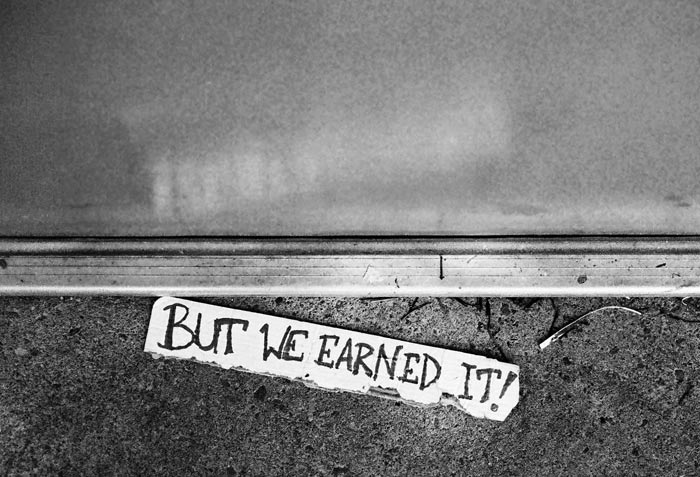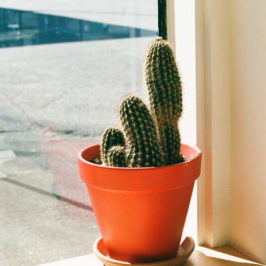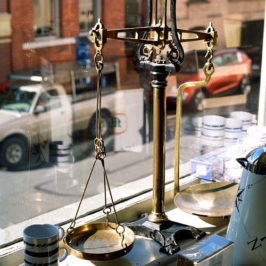
In the first few days afterwards, they woke and slept with no real regularity. The horror of it all lent a sense of unreality to the dust, the ashes, the collapsed and crumbling walls. The moon still rose and fell, and sometimes stars glittered faintly through the haze. Sleep was a refuge. But the dreams became intolerable.
The nightmares were upsetting, but it was the dreams of peace and comfort that were the worst — of normalcy, of family. Eating breakfast, petty arguments, home. And then waking to find nothing but this.
When at last they began to speak,
“Some sort of divine retribution,” he murmured, gesturing, his voice grown hoarse.
“How can you believe in God after this?” she asked.
“How can you not? There has to be a purpose,” he said.
“But it’s so much worse if there’s a purpose! If it was an act of violence from some cruel deity, instead of a chance blip in nature, or chemistry, or something.”
“I have to think there was a purpose. I have no choice.”
She dreamt of an old man in a high, moonlight room. He sat at a piano, and a few feeble notes echoed in the darkness. When she woke, even this halting melody seemed a mastery of song. She remembered, long ago, learning how the newly blind still see in dreams, but how the colours fade over time. Was this, then, the end of music? The final notes of a piano in dreams? They tried to sing, but their voices seemed thin and pale in that terrible silence.
“The only things that still exist,” she mused, “are the things we remember.”
There was so little left.
They went to the husk of the library. The corridors were dusty; the dust had caked the walls, driven up the walls like snowdrifts and papers fluttered listlessly. It smelled dead. They sank and sat among the fragments and sifted through their memories like gold panners, searching for the things that remained.
“It reminds me of Charn,” he said, “you know, the dead world that the children in Narnia got to. But we haven’t got any rings.”
“Or there’s a poem I read once… about the extinction of the Dorsets. Something about, ‘the ivory thought is still warm.’ I guess we are almost extinct.”
There were birds, still: one night they heard a whole flock of crows squawking east, sooty wings passing over the blackened trees. But the birds came less often, now.
“Should we be moving on,” she wondered. “Is everywhere the same?”
He dreamed of a snake coiling, white and ashy in the dark heat, and the snake was the fire. He could only watch as the papers curled and the covers succumbed to its hot breath. He felt a numbness and an almost interest — the beauty of the curling pages, the interesting geometric shapes and patterns.
He awoke and he was crying, and she encircled him in the moonlight — wanting to comfort, and yet as devoid of comfort as the landscape.
The moon has nothing to be sad about,
Staring from her hood of bone.
She is used to this sort of thing.
Her blacks crackle and drag.






